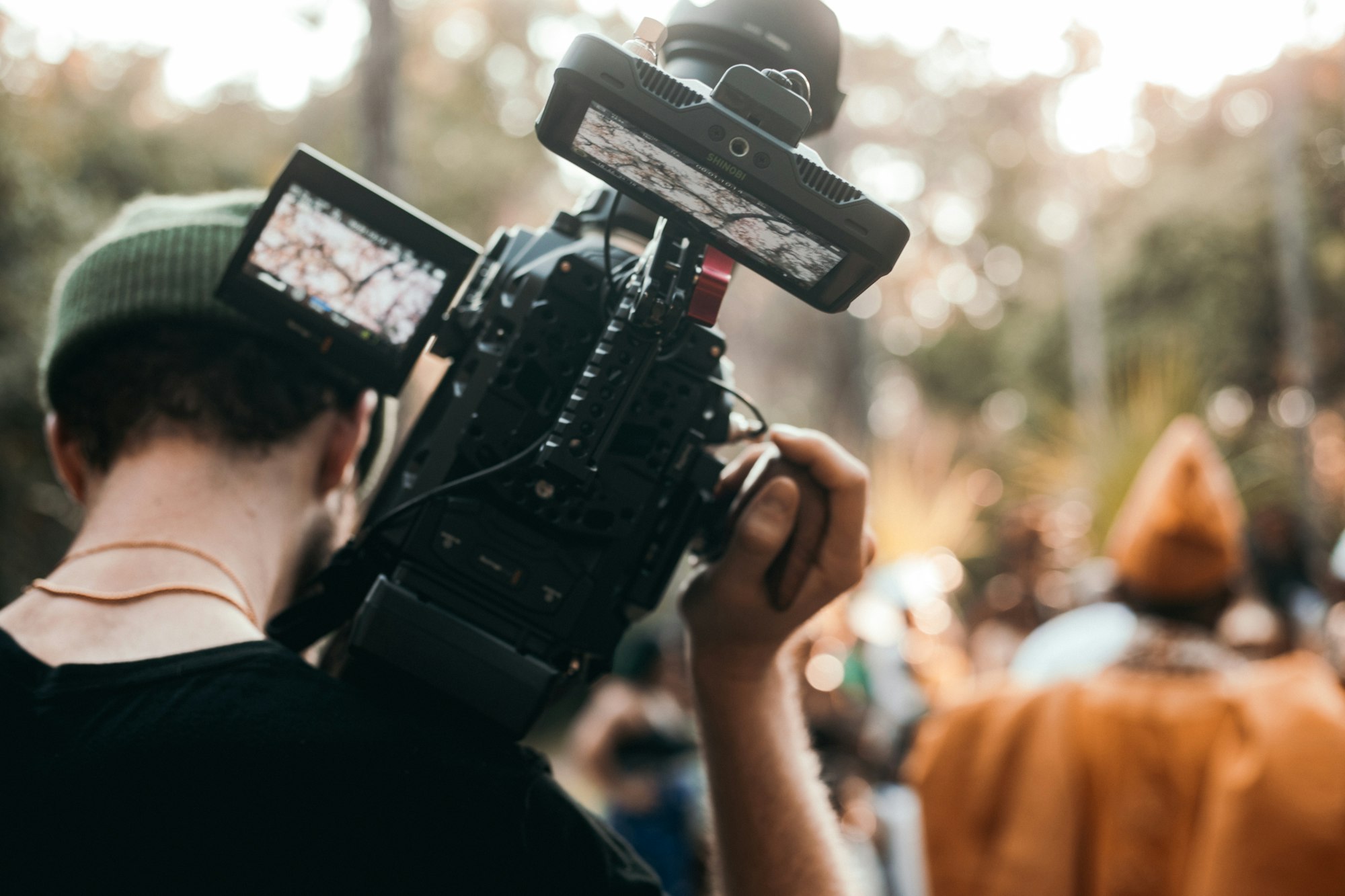Important and unusual tips for every beginner filmmaker
I am an beginner cinematographer and have a experience with several short film projects as a cinematographer and director, in this article I will give some advice and share personal experiences and observations that I gained while working on my short film projects.

I am an beginner cinematographer and have experience with several short film projects as both cinematographer and director. In this article, I will give some advice and share my personal experiences and observations that I gained while working on my short film projects.
If I had the opportunity to go back in time and give myself some advice, it would be these four things:
Delegate responsibilities
At the beginning of your journey, working on your own project, you want to do everything exactly as imagined. You draw in your head what certain scenes should look like, how the actors play, how the camera moves, the light, the locations. You start to prepare for the shooting and often you start to control everything you can, grabbing the camera, the script, the actors, the lighting, completely forgetting that nobody works like that in the big productions, and there are certain reasons for that. Starting to control everything, you actually lose control over everything, you physically cannot do the work of several people properly, you get tired, you forget something, details get lost and the quality of preparation is greatly reduced.
I remember being a cinematographer and director on the set at the same time, trying to explain to the gaffer how I wanted to set the lights, telling the actors how they should act, helping the grip set up the rails for the dolly, and arguing with the producer. Deadlines were tight and I was wasting valuable time being distracted by everything. It was costing me nerves, time, and having to make fewer takes to fit into the set plan.
I promised myself that I would never try to do everything myself again. Now I delegate responsibilities and during preparations I just try to explain to the people I work with as much detail as possible about what I need. It's much easier to make a detailed moodboard, shotlist and storyboard, show my colleagues and work together, where everyone stays in his or her area of responsibility.
Look for compromises
Perfectionism is not always a helpful quality, sometimes you have to sacrifice something in order to achieve a goal, especially if it is a film. If you're shooting low-budget projects, you have to be flexible and be prepared for things to go wrong or to be different from what you had in mind. These things shouldn't put you in a bind, otherwise it just won't work.
Another case from my experience. I had a cool idea for a short film, I'm a cinematographer and decided not to take the role of director this time. I asked a friend of mine, who knew a lot about film and had always wanted to make something, for help. He agreed to direct the project and we rewrote the script, made some changes and started looking for locations. That's when problems started, we already had shooting dates planned, the crew was organized, but we couldn't find the main location for the film, my director didn't like any of them and he absolutely refused to rewrite anything to fit the options available, he was so stuck in what he imagined that he couldn't think of anything that could work differently, in a different way. This problem was so big that we didn't have time to find anything suitable and the production had to cancel and reschedule. The director had to be changed and we had to shoot the film next year.
You're making a film with a small budget, you can't afford to build a dream location in a studio, repaint the walls or use CGI, you have to find something as close to your needs as possible and try to work with what you have. This will be the case with absolutely everything: actors, locations, equipment, crew. Each time is a new conditions and a new challenge.
Be prepared for 200%
I consider the pre-production period to be the most important part of filmmaking. It's the time when your project takes shape, becomes more detailed, and goes from a simple idea to a serious one. I won't go into detailed steps during the pre-production phase, I'll just try to explain how important it is. By the end of the pre-production, everything should be so much planned out in detail that during filming you just come in and shoot, you know where and what lights should be, how and what the actor is doing, where the camera is going to be etc. You just start shooting right away and don't waste time looking for the right effect.
I once disregarded that rule and decided that I would improvise as much as I could. I elevated unpreparedness to the point where I had my producer playing in my film, and I just didn't use a shotlist because the location just didn't fit it. In the end all the scenes of the film were shot according to the script only very approximately, I had some difficulties every now and then, I had to look for solutions for a long time, I changed the shooting styles on the fly and during the nights between shooting days I tried to adapt the resources I had to the conditions I was in.
I won't say it came out badly, but it wasn't what I originally had in mind. It turned out to be something completely different, I saw my mistakes everywhere and realized that the quality of the project with proper preparation could be several times higher. The location was just great and being prepared, I could have made a good short film, maybe send it to a festival and be proud of what I did. Now I am shamefully hiding this work and keeping it as a reminder of that mistake.
Be confident
The last tip is quite simple but no less important, at all stages of film production you work with a lot of people, constant meetings, calls, emails. Especially a lot of people will be on the set and you have to work with everyone. I am by nature humble and shy and I have to get over myself not to look silly on set, I spend a lot of inner energy on this and for me every time it's like a performance. Nevertheless, it helps a lot when you work, people hear you, people see you, they understand that you know what you want and it becomes more pleasant to work with you. The main thing is not to go overboard. Good luck!

